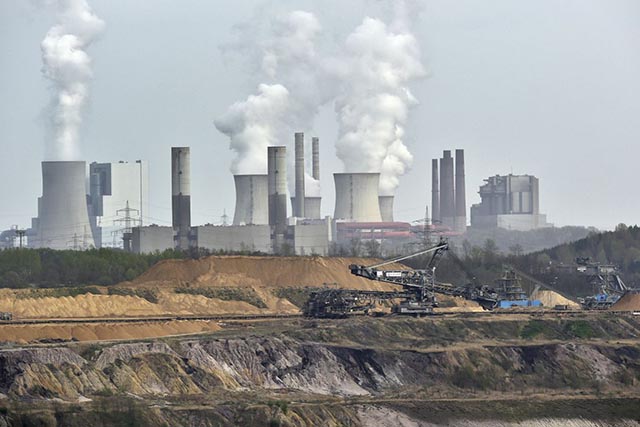The COVID-19 crisis has brought a new focus to the question of what is really important or essential not only in our daily lives, but also in our society. While our country is struggling with the pandemic, policymakers at all levels are determining what resources are needed and where to send them, what businesses and functions should remain open, and what aspects of our economy should be close to helping to slow down the spread of this virus.
These policymakers have widely recognized that our nation's coal fleet and supply chain – coal production, rail and barge transport, and equipment suppliers – meet almost every definition of essential or critical infrastructure needed to support the country 's response to this situation.
Policymakers know that our nation's fleet of coal-fired power plants plays an indispensable role in powering our lives, helping to ensure that the electricity grid is both reliable and resilient. The coal fleet contributes to the nation's fuel security and diversity and serves as an insurance policy against power shortages and price spikes.
These are the functions of critical infrastructure at the best of times. In the face of the current unprecedented crisis, the role of the coal industry is assuming even greater importance.
The Department of Homeland Security (DHS), which has jurisdiction over the criteria that most of these policymakers rely on to determine which segments of our economy represent key enterprises, referred to coal power as "uniquely critical" in the March guidance. Essential critical infrastructure such as coal, DHS said, is "imperative to both public health and safety and community well-being during the response to the COVID-19 emergency."
And while the nation's electricity grid is diverse, no fuel source is more resilient than coal in the face of unexpected or extreme events. During the 2018 Bomb Cyclone, for example, more than 60 per cent of the incremental demand for electricity was met by coal, while natural gas, wind and solar power were at risk.
Today, our fleet of coal-fired power plants plays a key role in our nation's response to the pandemic. Unfortunately, the economic disruption caused by the COVID-19 pandemic has hit the coal industry particularly hard.


































